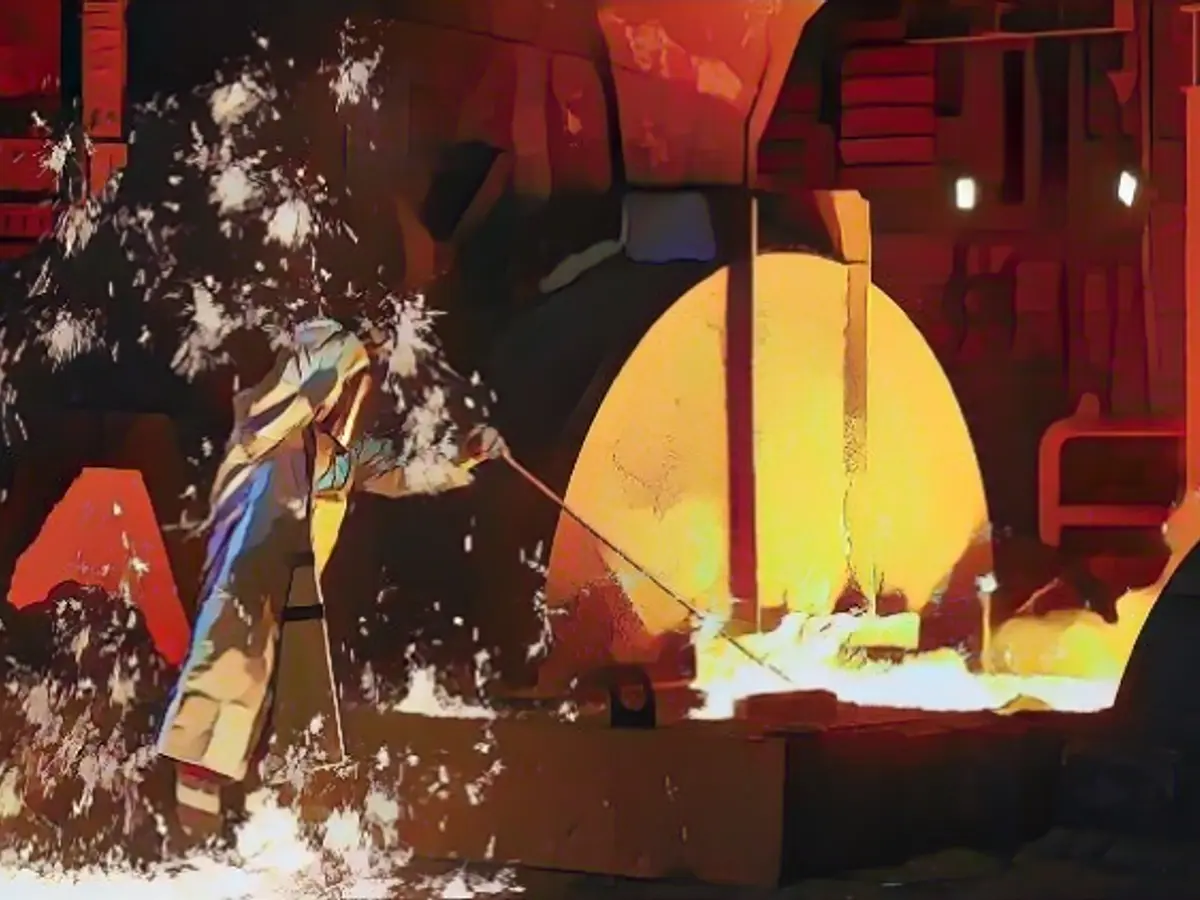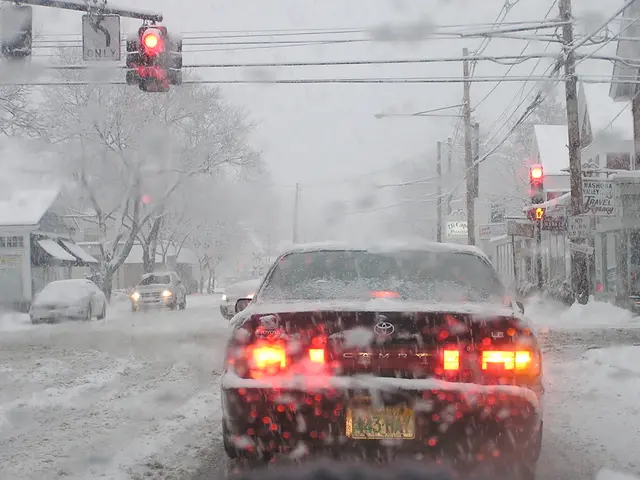German Energy Consumption Takes a Dip
Costs are skyrocketing due to the Russian war of aggression, and conserving energy has become a top priority. Consumers and businesses in Germany are stepping up their game, aiming to consume the least energy in history. As per predictions, energy consumption in Germany this year will reach its lowest level since reunification. The Working Group on Energy Balances (AG Energiebilanzen) projects a decrease of 7.9% to 10,791 petajoules (equal to 2998 terawatt hours). This means primary energy consumption in Germany is 25% below its 1990 peak.
To put this into perspective, the Federal Network Agency reported 484 terawatt hours of electricity and 847 terawatt hours of natural gas consumption in Germany in 2022. One terawatt hour equals one billion kilowatt hours. The decline in consumption can be attributed to a decrease in economic output. Energy-intensive industries noticed a drop in production, resulting in a noticeable impact on consumption.
High energy prices continue to significantly impact reduction in energy consumption. Although import prices for essential energy sources decreased noticeably throughout the year, they remained significantly higher than in 2021.
The drop in consumption due to warmer weather was minor. However, population growth through demographic developments in 2023 resulted in a slight consumption increase.
Mineral oil maintained its leading position in the energy mix, accounting for 35.9% in 2023 (down from 35.0% in the previous year). Natural gas followed as the second-largest share, with 24.5%. Renewable energy sources now surpassed coal, with a 19.6% share in 2023 (up from 17.7% in 2022). Coal had a combined share of 19.6% in 2022.
Additional Insights:
- As the need for energy efficiency remains crucial due to high electricity prices and the Russian conflict, many industries are investing in more energy-efficient technologies and renewable energy sources to cut costs.
- The intermittent nature of renewable energy sources poses challenges to grid stability, particularly during low wind power generation, necessitating more efficient methods for integrating renewables into the energy supply chain.
- Investment and M&A activities in the energy and infrastructure sectors are being driven by the integration of digital technologies, aiming to boost efficiency and sector coupling.




